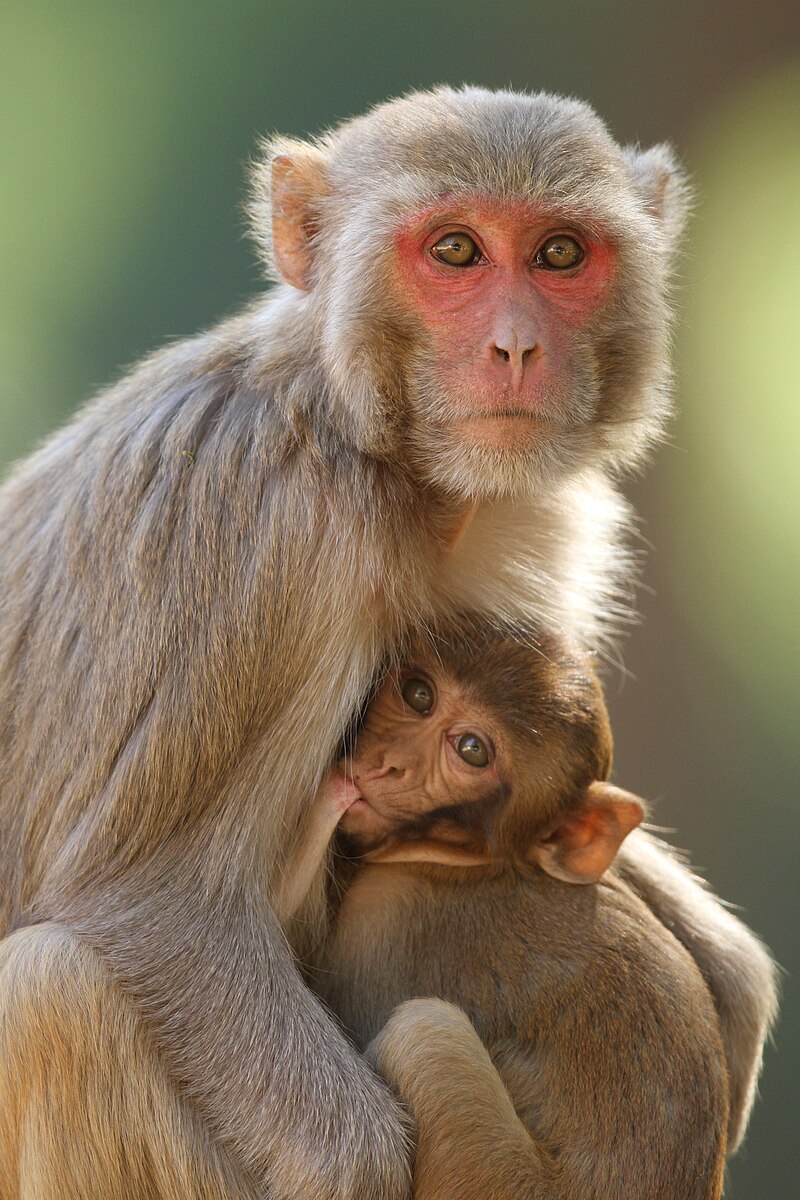7667766266
enquiry@shankarias.in
Prelims: Current events of national and international importance | Conservation
Why in News?
National Board for Wildlife’s panel has recommended reinstating Rhesus Macaque species of monkeys under Schedule II of the Wildlife (Protection) Act, 1972.

Reference
The Indian Express | Rhesus Monkeys